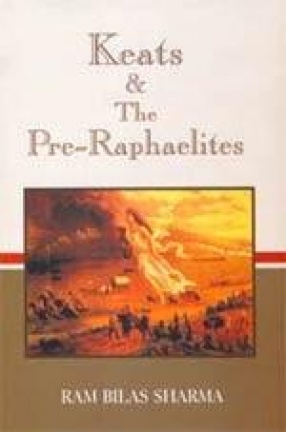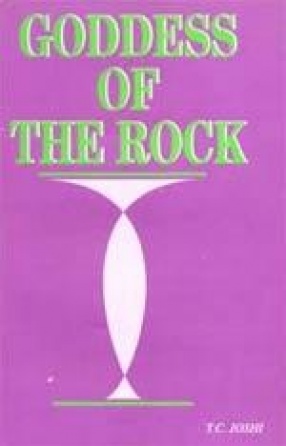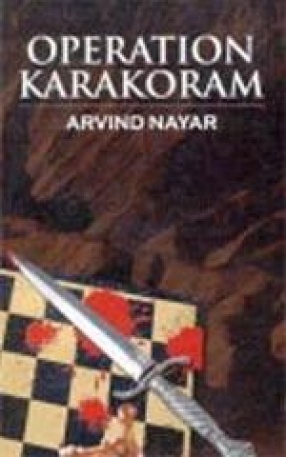Aristotle’s approach to tragedy is based on a realization of the significance of its emotional impact on the spectator. But this impact cannot be studied through an exclusive concentration on the feelings of pity and fear. Tragedy deals with unpleasant emotions and their power to move us depends on the nature of the people involved in dramatic action, the intensity of their feelings and their social situation. The four great tragedies of Shakespeare stand in a class apart from his other tragedies as well as from Elizabethan and Greek tragedies. It is only when he overcomes the temptation of writing revenge tragedies that he becomes a great master worthy of competing with the Greeks. Like Ben Jonson’s comedy of humours he created the tragedy of humours with stereotyped characters and sensational dramatic action. In the great tragedies, however, his characters possess a depth unknown to world literature before. The four tragedies unfold the contradictions of renaissance society and are based on a skilful combination of the subjective experience of the dramatist and his knowledge of the external world. Through brilliant devices Shakespeare modifies the element of pain, makes abrupt transitions from one emotion to its very opposite and while leading the spectator to tragic ecstasy maintains a fine sense of detachment and irony. The moral aspect of Christianity and stoic philosophy contribute to the richness of his humanism.

Essays on Shakespearean Tragedy
In stock
Free & Quick Delivery Worldwide
reviews
Bibliographic information
Title
Essays on Shakespearean Tragedy
Author
Edition
1st Ed.
Publisher
ISBN
8186565213
Length
360p., 23cm
Subjects





There are no reviews yet.